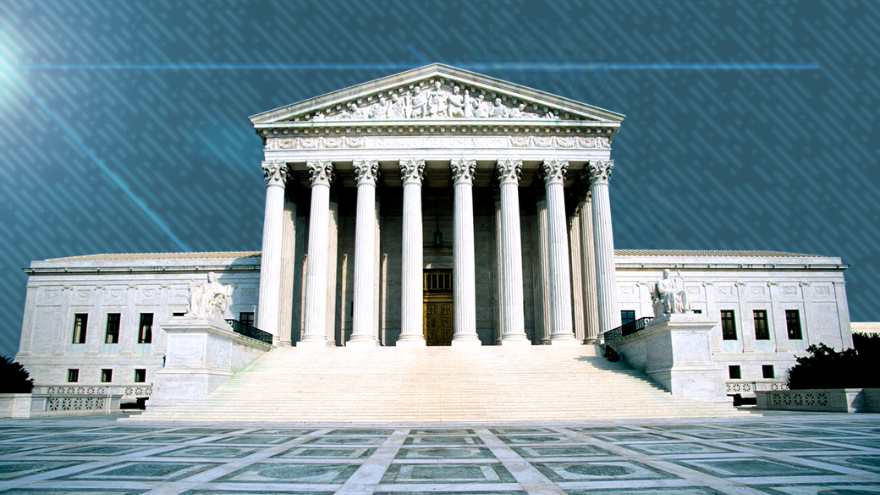Idaho’s restriction on the forms of medical gender intervention that can be offered to minors may remain in effect after the United States Court opted to grant an emergency appeal from the state.
The court voted 6-3 to allow the law to go into effect, disappointing many pro-transgenderism activists. The law was originally passed in 2023 but had been temporarily blocked by a lower court.
A district court issued a universal injunction following a lawsuit from the families of two transgender-identifying minors. The court agreed with the families’ claim that their children would suffer serious mental health issues if they were not given access to puberty blockers and estrogen.
“Instead of enjoining state officials from enforcing the law with respect to the plaintiffs and the drug treatments they sought, the district court entered a universal injunction,” noted Justice Neil Gorsuch in an opinion issued on April 15. “Among other things, this meant Idaho could not enforce its prohibition against surgeries to remove or alter children’s genitals, even though no party before the court had sought access to those surgeries or demonstrated that Idaho’s prohibition of them offended federal law.”
Idaho ultimately asked the Supreme Court to weigh in. The state said it would allow the two minors in the case to continue to access the hormones as part of the lower court’s injunction but asked that it not be bound by the broad terms of the injunction.
“The district court’s order promised to run for the life of this lawsuit, thus preventing Idaho from executing any aspect of its law for years. Meanwhile, the plaintiffs face no harm from the partial stay the State requests,” said Gorsuch. “Even with it, the district court’s preliminary injunction will operate to prevent state authorities from taking any action to interfere with their ability to access the particular drug treatments they seek."
Gorsuch called universal injunctions a “relatively new phenomenon.”
He continued:A rising number of universal injunctions virtually guarantees that a rising number of “high-profile” cases will find their way to this Court. Just consider this case. Idaho does not challenge the district court’s injunction to the extent it addresses the plaintiffs’ asserted injuries. The State seeks relief here only because and to the extent the district court prevented it from enforcing any aspect of its duly enacted law against anyone—all without any showing that other provisions in the statute violate federal law or the rights of any current party. As in so many other recent cases, the district court’s universal injunction effectively transformed a limited dispute between a small number of parties focused on one feature of a law into a far more consequential referendum on the law’s every provision as applied to anyone.
Justices Clarence Thomas and Samuel Alito concurred with Gorsuch’s opinion.
Justice Brett Kavanaugh offered another concurring opinion and was joined by Justice Amy Coney Barrett
Justice Ketanji Brown Jackson, joined by Justice Sotomayor, wrote the dissenting opinion.
“The State of Idaho’s emergency application asks us to override the decisions of two lower courts based on an issue not clearly implicated and under circumstances where the State does not contest that its law should remain enjoined as likely unconstitutional, at least as applied to the plaintiffs,” wrote Jackson. “Even if today’s application actually involved a ‘universal injunction,’ the emergency docket would not be the place to address the open and challenging questions that that issue raises.”
Idaho Attorney General Raul Labrador, who led the appeal, called the ruling a “BIG win to protect vulnerable kids.”
"Our state has a duty to protect and support all children. I’m proud to defend Idaho’s law that ensures children are not subjected to these dangerous drugs and procedures,” he wrote on X.
The court's decision was denounced by groups that advocate in favor of medical intervention for minors who identify as transgender.
“While the Court’s ruling today importantly does not touch upon the constitutionality of this law, it is nonetheless an awful result for transgender youth and their families across the state,” said the ACLU and its Idaho chapter in a statement, per Advocate. “Today’s ruling allows the state to shut down the care that thousands of families rely on while sowing further confusion and disruption. Nonetheless, today’s result only leaves us all the more determined to defeat this law in the courts entirely, making Idaho a safer state to raise every family.”

